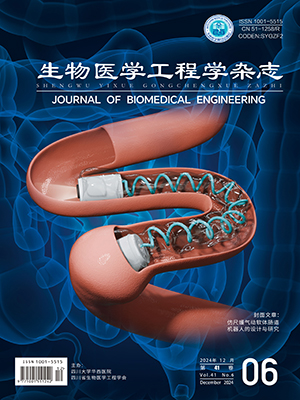It is a significant challenge to improve the blood-brain barrier (BBB) permeability of central nervous system (CNS) drugs in their development. Compared with traditional pharmacokinetic property tests, machine learning techniques have been proven to effectively and cost-effectively predict the BBB permeability of CNS drugs. In this study, we introduce a high-performance BBB permeability prediction model named balanced-stacking-learning based BBB permeability predictor(BSL-B3PP). Firstly, we screen out the feature set that has a strong influence on BBB permeability from the perspective of medicinal chemistry background and machine learning respectively, and summarize the BBB positive(BBB+) quantification intervals. Then, a combination of resampling algorithms and stacking learning(SL) algorithm is used for predicting the BBB permeability of CNS drugs. The BSL-B3PP model is constructed based on a large-scale BBB database (B3DB). Experimental validation shows an area under curve (AUC) of 97.8% and a Matthews correlation coefficient (MCC) of 85.5%. This model demonstrates promising BBB permeability prediction capability, particularly for drugs that cannot penetrate the BBB, which helps reduce CNS drug development costs and accelerate the CNS drug development process.
Citation: SU Qing, XIAO Ganyao, ZHOU Wei, DU Zhiyun. Resampling combined with stacking learning for prediction of blood-brain barrier permeability of compounds. Journal of Biomedical Engineering, 2023, 40(4): 753-761. doi: 10.7507/1001-5515.202210067 Copy
Copyright © the editorial department of Journal of Biomedical Engineering of West China Medical Publisher. All rights reserved
-
Previous Article
Corona virus disease 2019 lesion segmentation network based on an adaptive joint loss function -
Next Article
Investigation of the mechanism of action and identification of candidate traditional Chinese medicines for the treatment of ischemic stroke in the Danshen-Jiangxiang pair based on drug-target-disease association network




